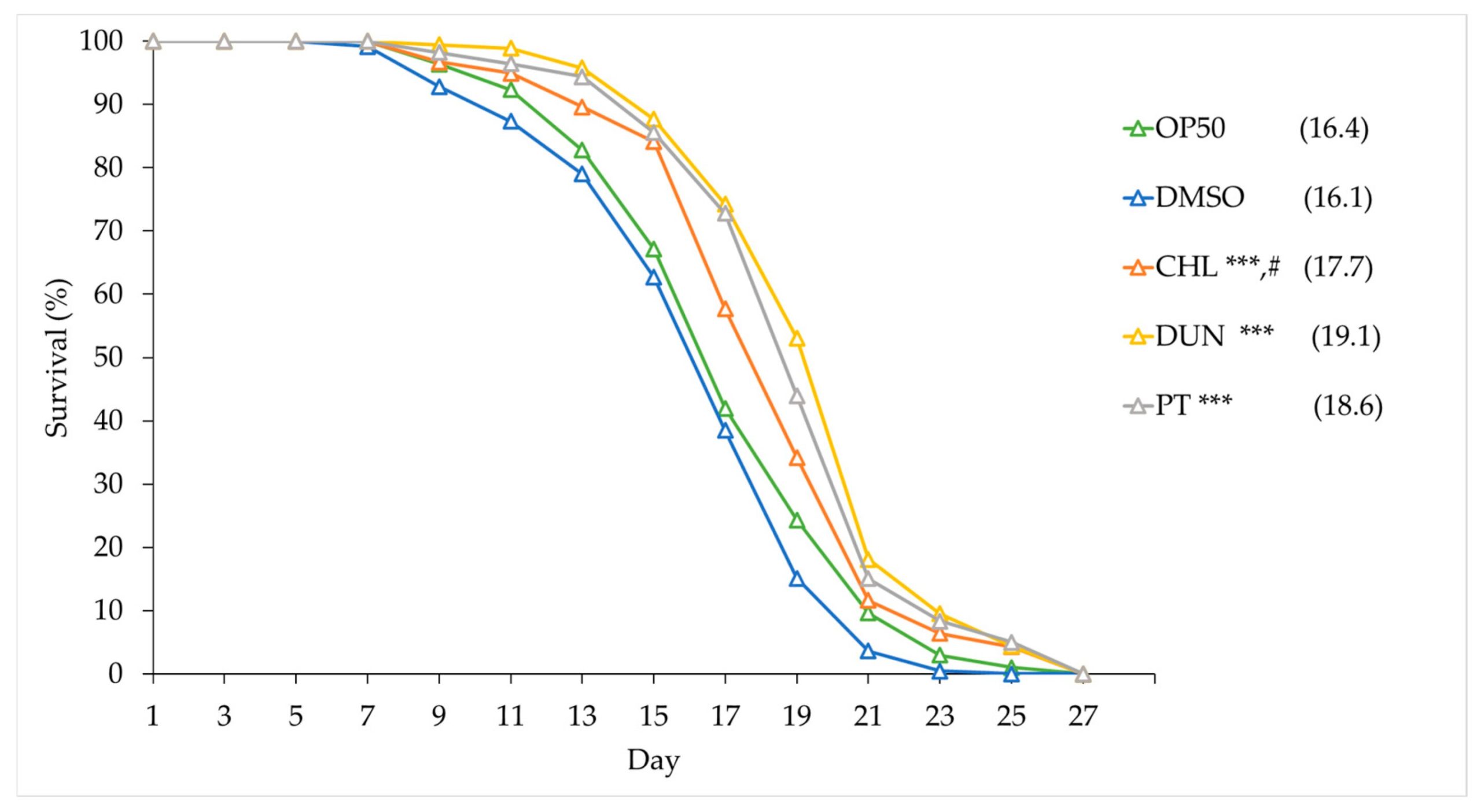New research from Oregon Health & Science University could one day lead to therapies that prevent or treat diseases and infections tied to a protein that’s found in all human cells.
A study published today in the journal Molecular Cell describes how the protein ubiquitin is modified during a bacterial infection. The study details the steps taken to create a form of the protein known as lysine 6 polyubiquitin, where a long chain of ubiquitin molecules are linked through the amino acid lysine. This form of ubiquitin helps cells communicate by sending a molecular message — communication that remains poorly understood.
Previous research has indicated that this form of ubiquitin may be linked to the development of Parkinson’s disease and breast cancer. However, the details of how lysine 6 polyubiquitin is formed or how it is involved in disease aren’t yet clear.
To explore this, OHSU scientists turned their attention to illness-causing bacteria and how they manipulate lysine 6 polyubiquitin during infection. Researchers isolated enzymes used by E. coli and Salmonella to cause food poisoning and other illnesses, and observed how the enzymes interacted with ubiquitin.
The team learned that one particular enzyme was central to building up lysine 6 polyubiquitin.
In earlier, related research that was published in January, the same scientists found that a different enzyme from a different illness-causing bacteria, Legionella pneumophila — which causes a type of pneumonia called Legionnaires’ disease — actively breaks apart the same molecule during infection.
This means different enzymes have different impacts on the same lysine 6 polyubiquitin during infection.
“Knowing how lysine 6 polyubiquitin is regulated is an important first step,” said the study’s senior researcher, Jonathan Pruneda, Ph.D., an assistant professor of molecular microbiology and immunology in the OHSU School of Medicine. “We’ll use this knowledge as a foundation for future research, including exploring how bacteria take advantage of ubiquitin while infecting cells.
“One day, I hope we can harness this research to develop new ways to prevent and treat infections and disease.”
Pruneda and colleagues are currently digging into how the regulation of lysine 6 polyubiquitin is involved in Parkinson’s disease and breast cancer.

